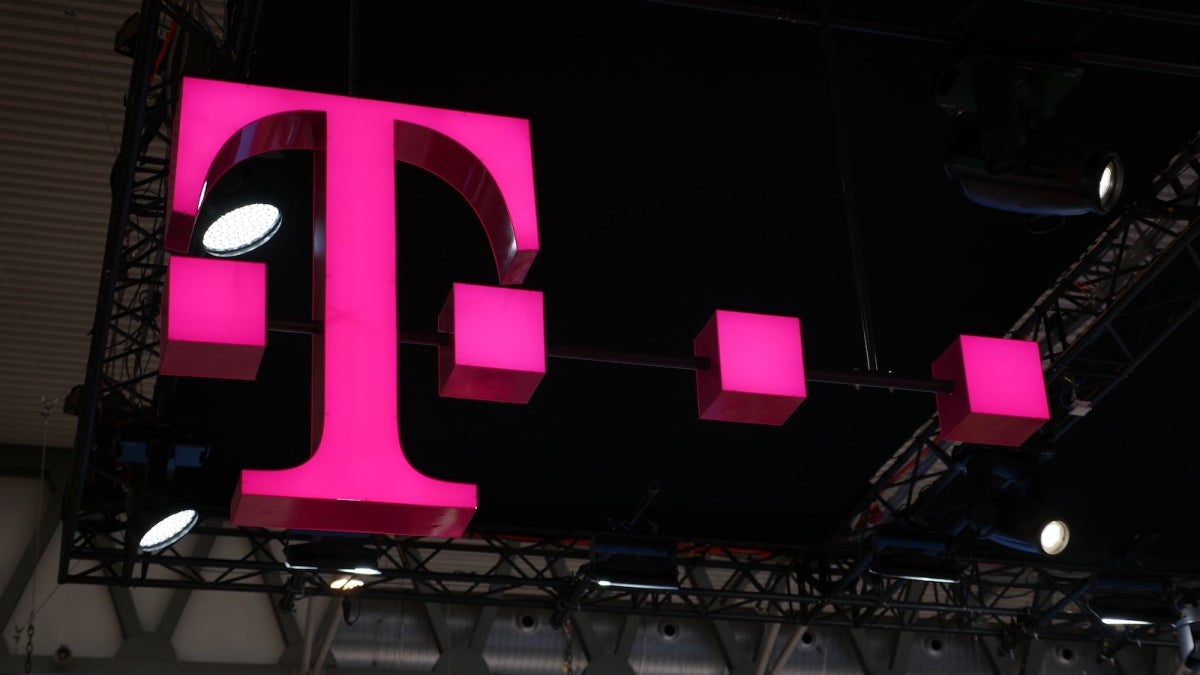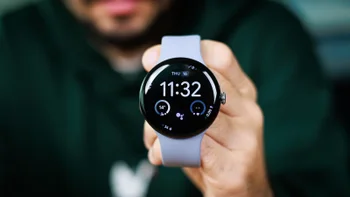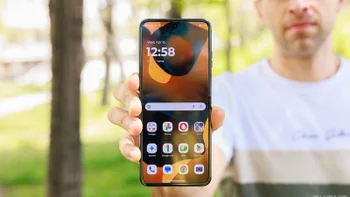Recent quarrel between T-Mobile and Dish could signal more trouble ahead for 5G frenemies

T-Mobile pulled out all the stops to keep its employees out of harm's way and customers connected on the cheap during these trying times for both the nation's economy and public health, temporarily closing most stores more than two months ago while offering affordable new plans, free unlimited data, additional mobile hotspot allotments, and perhaps most notably, working tirelessly to expand network capacity in anticipation of "remarkable spikes in traffic."
That last part would not have been possible without outside help, and while the Federal Communications Commission created the regulatory basis for a number of unprecedented partnerships between major US carriers and holders of unused wireless spectrum with its Keep Americans Connected Pledge, companies actually needed to agree on the terms of their individual collaborations to take said pledge.
One of the most high-profile such alliances allowed T-Mobile to vastly improve its 4G LTE download speeds in many places by rapidly deploying 600 MHz spectrum loaned from Dish. As the FCC extended the aforementioned Keep Americans Connected initiative, T-Mo unsurprisingly sought to prolong its own temporary Dish deal until June 30 to maintain and possibly continue building on the substantial network improvements reported for the past couple of months or so.
Sudden trouble in paradise?
According to an FCC filing from earlier this month noticed by the folks over at LightReading, Dish was not pleased with how T-Mobile handled the initial special temporary authority (STA) granting the "Un-carrier" permission to use borrowed spectrum in the 600 MHz band until May 14. Namely, Magenta is accused of "publicizing the capacity benefits of this spectrum in press statements, tweets and advertisements in an apparent effort to acquire new subscribers."
While T-Mo vehemently denied that was its intention, instead claiming the purpose of any public communication on the matter was to "support increased customer demand during this time of heightened connectivity requirements", it's hard to ignore the marketing noise made by TV commercials highlighting the "doubling" of Magenta's 600 MHz capacity.

Said commercials obviously did little to emphasize Dish's role in this temporary boost, but at the same time, it's also difficult to argue with T-Mobile's assertion that the licensed spectrum was sitting unused while many customers needed a stronger, more reliable connection than usual to stay in touch with family and friends or work from home.
Ultimately, Dish and T-Mobile did manage to come to an understanding and extend the STA through "at least June 30", which is actually true for every single agreement the "Un-carrier" signed back in March with spectrum holders including ATN International, Bluewater, Channel 51, Comcast, LB Holdings and others. But the tensions that are pretty obvious in this filing might still be bubbling under the surface, threatening to erupt again at some point down the line.
A complicated relationship on many levels
In case you've been living under a rock for the past year or so, we should point out Dish was one of the most important pieces of the T-Mobile/Sprint merger puzzle. In fact, many analysts believe the merger would have been blocked for good were it not for Dish's solemn promise to replace Sprint as the nation's fourth-largest wireless service provider soon after the "Now Network's" disappearance and thus maintain the industry's healthy competition.
The problem is not everyone trusts Charlie Ergen's vows after years and years of hoarding spectrum with no apparent intention of providing actual competition for the likes of T-Mobile and Sprint. John Legere himself called Dish a shameless "hoarder" back in February 2019, although Magenta's former CEO also admitted in court proceedings late last year that he considered merging with Ergen's satellite TV giant four years earlier.
Next on "Hoarders": @dish. They've warehoused $11B of spectrum for years and missed every build deadline. NOW they finally started to deploy with one tower so the spectrum doesn't get taken away #UseItOrLoseIt! https://t.co/2N4dNKAdSn pic.twitter.com/IcNQBciKwF
— John Legere (@JohnLegere) February 6, 2019
Until Dish manages to fulfill its promises made to the Department of Justice last year and cover 70 percent of the country with a 5G network currently being built from scratch, the company will need to continue collaborating with T-Mobile. That's because Boost Mobile is Magenta's property right now, and when that will no longer be the case, Dish is set to take on T-Mobile MVNO (mobile virtual network operator) duties as its first timid step in the US carrier arena.
Further complicating the relationship between the two frenemies, T-Mobile is expected to lease "some or all" of Dish's 600 MHz spectrum licenses for the long run, which however might not be such a valuable deal as Dish initially anticipated. That's because T-Mo only seems interested in a fraction of the licenses loaned on March 15, which in turn means Dish would earn just a fraction of the close to $400 million annual fees estimated at first.
Follow us on Google News



















Things that are NOT allowed:
To help keep our community safe and free from spam, we apply temporary limits to newly created accounts: